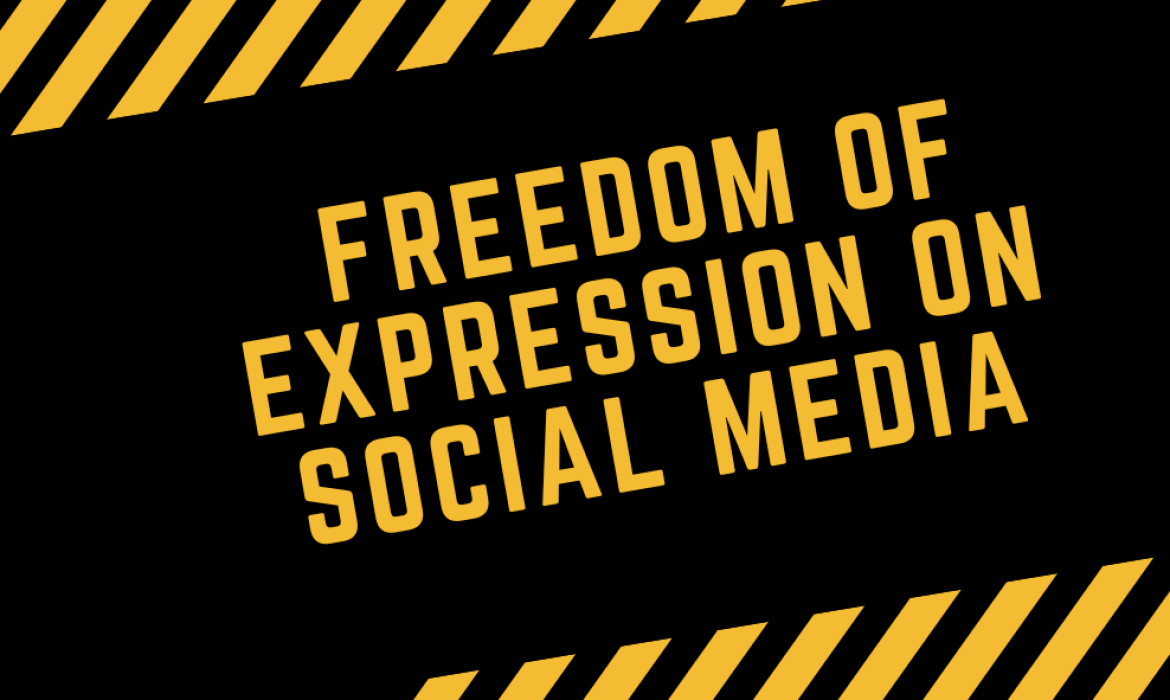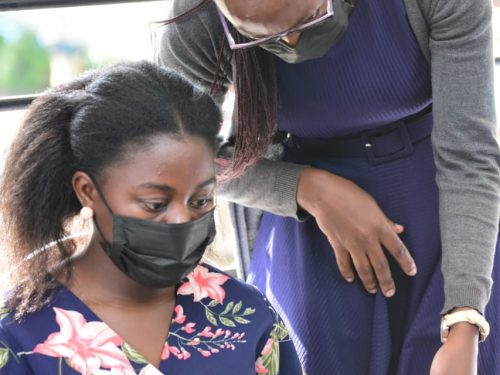For several years now, social media platforms have enabled anyone with access to the internet, to share their opinions about almost anything.
Few of us however, bother to read the community standards disclaimers all these websites feature that call for civility. Apparently, as long as one is able to tweet and send their Facebook message or post, who cares about being polite?
None of us is perfect, but we have no problem in exchanging all manner of abuse on the internet. It is this behavior that has forced owners/administrators of these popular communication platforms, especially during the past five years, to bear down on the culprits. It’s all a matter of restraint.
Today, a tweet can be flagged, reported, or even retracted without your knowledge. This is simply because a moderator evaluated it and deemed your tweet violated the standards of the relevant social media platform.
Related to this, is the increasing concern of many governments about what people share on social media platforms particularly during interludes of heightened tensions such as national elections.
According to accessnow, in 2021, authorities deliberately shut down the internet at least 182 times across 34 countries compared to 159 shutdowns recorded in 29 countries in 2020. Twelve countries cut internet access at least 19 times in Africa, three more countries than the previous year.
In January 2021, social media giant Meta, who run Facebook, shut down several accounts of a network in Uganda linked to the country’s Ministry of Information.
In a public statement, Facebook accused the account owners of using fake and duplicate accounts to manage their pages, comment on other people’s content, impersonate users and re-share posts in groups in a way of making them appear more popular than they were.
During Uganda’s General Elections last year, several social media platforms were not accessible so people resorted to using virtual private networks (VPNs). Four days after the elections, these sites were once again generally available except for Facebook.
In the meantime, the Uganda Communications Commission directed all app stores to block over 100 virtual private networks being used by Ugandans to bypass the blockage.
Although tech giants such as Twitter and Facebook have taken on the job of controlling freedom of speech, for any number of reasons, national regulatory bodies in some countries will often find it necessary to block them too.
Idealistic expectations were that social media platforms would become a free market of ideas and products where the consumers could express their complete freedom of choice.
In an opinion piece published in The New York Times, author Emily Bazelon said “Social media sites effectively function as the public square where people debate the issues of the day. But the platforms are more like privately owned malls: They make and enforce rules to keep their spaces tolerable, and unlike the government, they’re not obligated to provide all the freedom of speech offered by the constitution. Like the bouncers at a bar, they are free to boot anyone or anything they consider disruptive”.
Whether freedom of expression is absolute or not, we all have an individual responsibility to ensure communication is meaningful rather than destructive.


